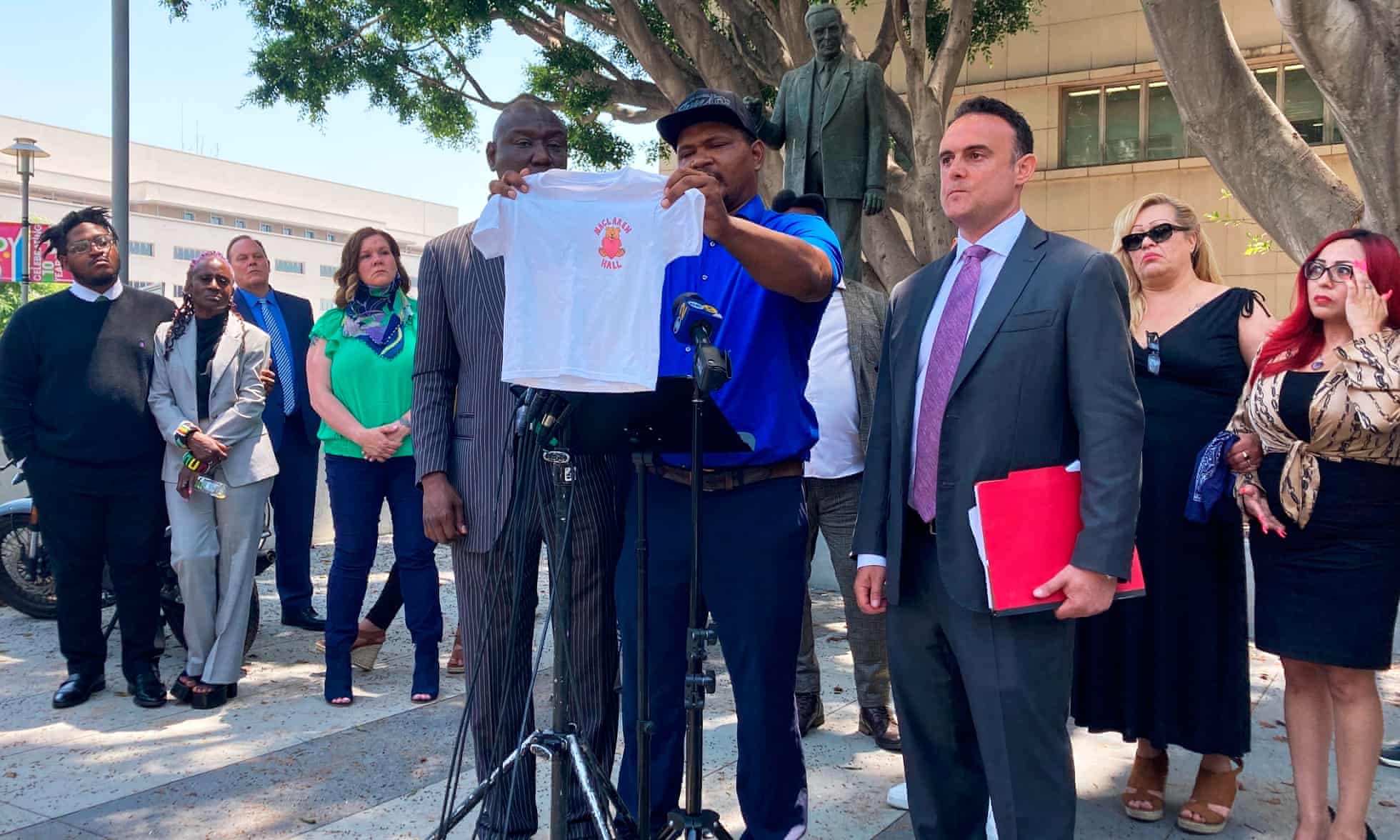 When Exxon and Mobil merged in 2000, Exxon inherited a number of Mobil properties in conflict zones – in Nigeria, Equatorial Guinea, and Indonesia.
When Exxon and Mobil merged in 2000, Exxon inherited a number of Mobil properties in conflict zones – in Nigeria, Equatorial Guinea, and Indonesia.
The latter property – a highly profitable natural gas field on Indonesia’s Sumatra peninsula – drew ExxonMobil’s executives immediately into the bloody war for independence being waged by the Free Aceh Movement, known by the initials G.A.M.
ExxonMobil paid Indonesian military forces to battle G.A.M. around the perimeter of its fields; human rights investigators accused the Indonesian forces of engaging in widespread torture and abuses. G.A.M. rocketed and attacked ExxonMobil and its employees, seeing the corporation as complicit with the Indonesian military.
As part of the research for “Private Empire,” I filed Freedom of Information Act requests with the U.S. State Department seeking embassy cables and other documents about how the Bush administration managed ExxonMobil’s position in the Aceh conflict. The cables revealed a startling series of episodes in which the administration worked with ExxonMobil in Indonesia to extract the corporation from the conflict and reduce the violence that was destabilizing Indonesia’s fledgling democratic order.





 Ukraine's President Volodymyr Zelenskiy confirmed for the first time on Monday that Ukrainian troops have been...
Ukraine's President Volodymyr Zelenskiy confirmed for the first time on Monday that Ukrainian troops have been... Los Angeles county has reached a $4bn agreement to settle nearly 7,000 claims of sexual abuse...
Los Angeles county has reached a $4bn agreement to settle nearly 7,000 claims of sexual abuse...






























